

More Than Words: Avoid Clichés
As writers, we know we should try to avoid clichés and stereotypes. But you might not think of unique imagery as you’re writing your first draft, so you drop in a cliché as a placeholder. When revisiting a manuscript to self-edit, though, many writers often overlook the cliché that’s right in front of them: the clichéd image.
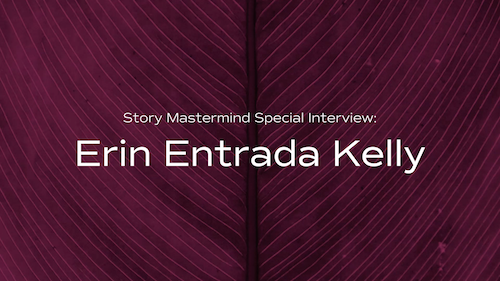
Story Mastermind Interview with Erin Entrada Kelly
A discussion with middle grade author and Newbery medalist Erin Entrada Kelly about writing outside your lived experience.
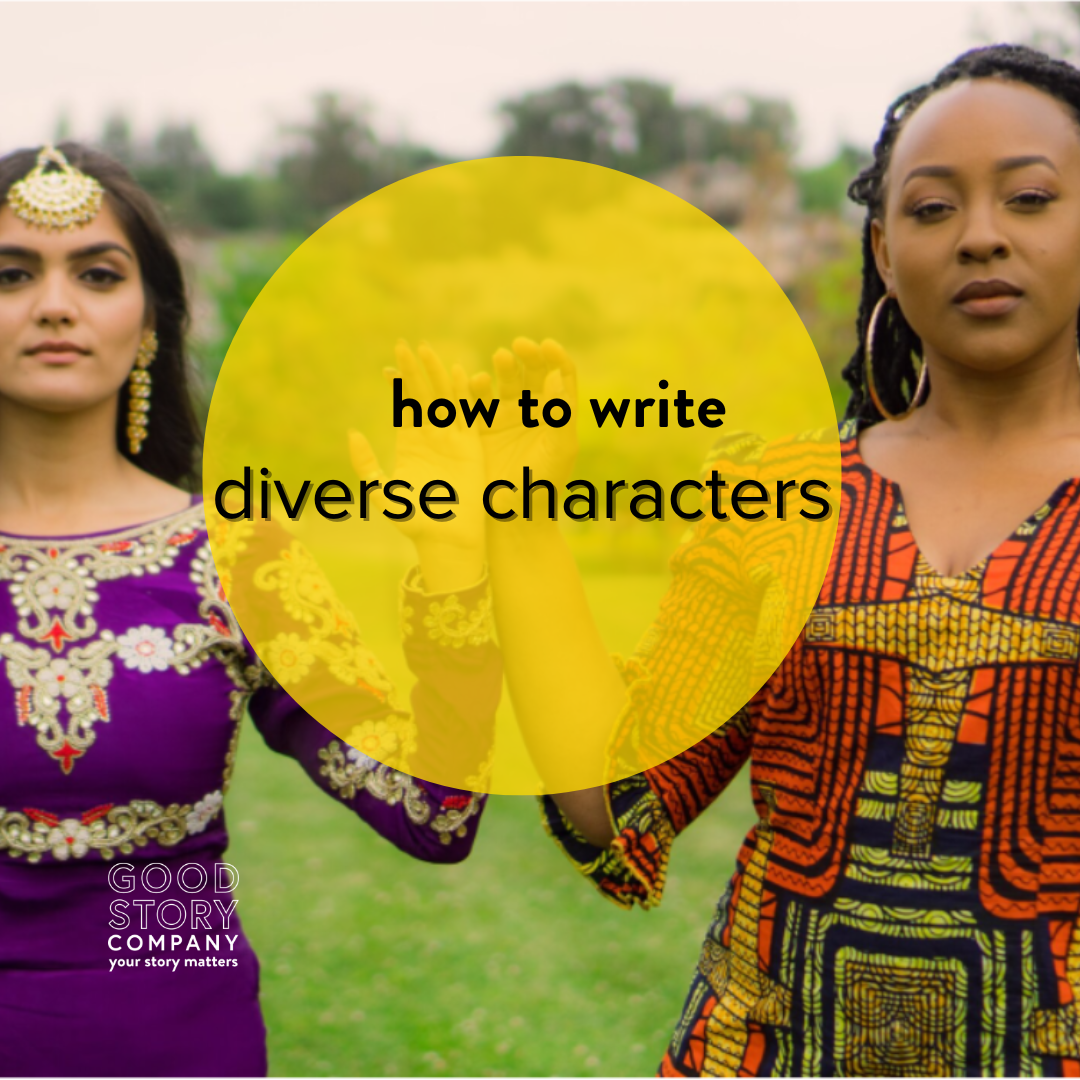
How to Write Diverse Characters (And, Also, Are You Qualified?)
Wondering how to write diverse characters? Many writers aspire to create worlds that look like a true fusion of personalities and cultures, religious beliefs, and ethnicities. How do we create art that imitates the life we are striving for?

Writing the Protagonist and Antagonist
One question many writers have when they begin work on a novel is how to write a compelling protagonist and antagonist. These are vital roles to function well in a manuscript. How do we make sure they leap off the page?

The Core of a Story with Roz Morris
Writer, writing teacher, ghost writer, and general literary icon Roz Morris joins Mary Kole for an interview on the Good Story Speaker Series. They dive into the mechanics of storytelling and discuss how to connect with your audience—whether you're writing someone else's story or your telling your own.
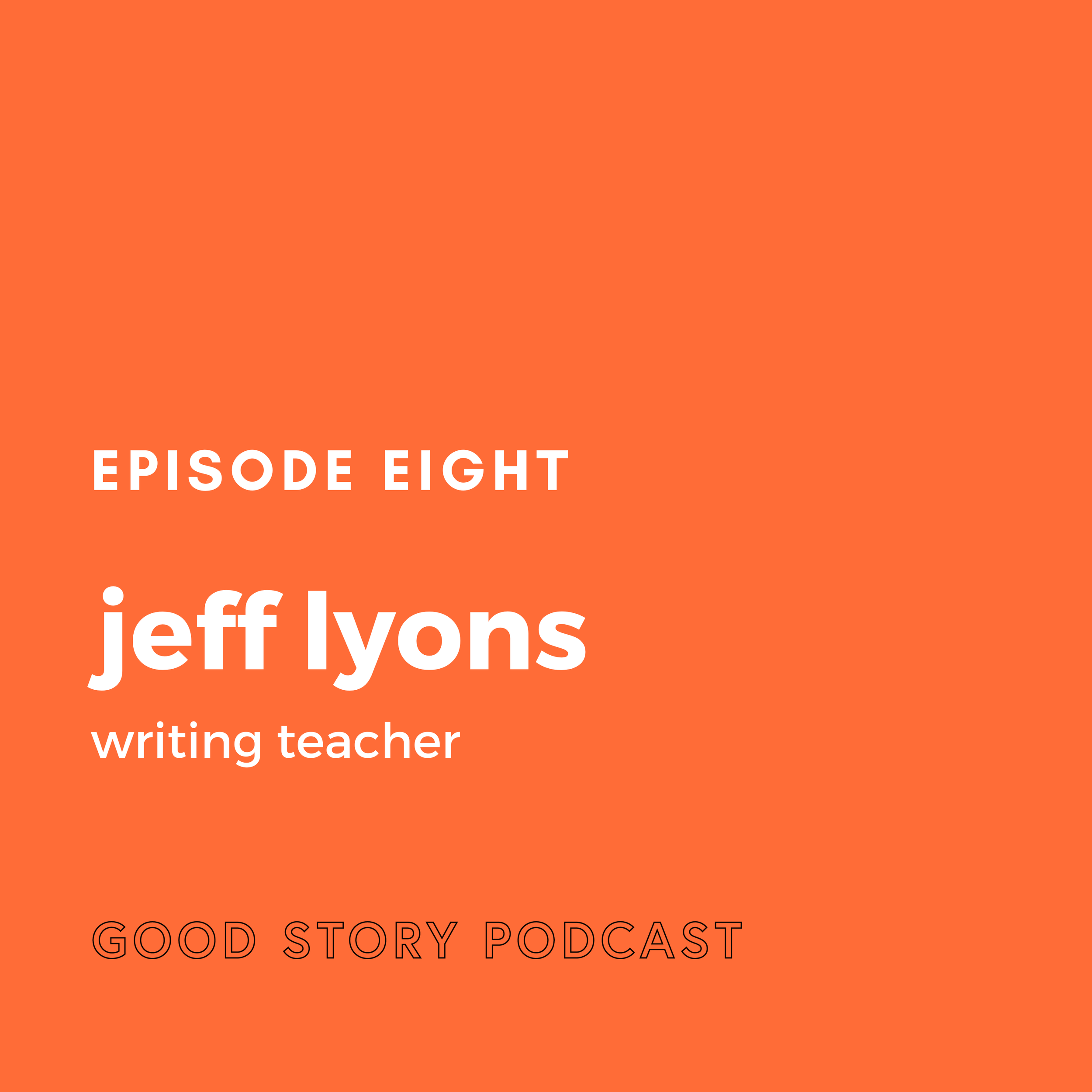
Episode 8: Jeff Lyons, Writing Teacher
Writing teachers Jeff Lyons and Mary Kole in conversation about craft, from the big picture to the nitty gritty.

Episode 1: Chris Baty, Founder of NaNoWriMo
An interview with NaNoWriMo founder and writing teacher Chris Baty, where we discuss plot, pantsing, not nipping good ideas in the bud, celebrating a hot pile of garbage, and the cult of busyness.

Breaking Writing Rules
Breaking writing rules might seem like a bold artistic statement, but it could also backfire. Here are some considerations for writers who are inclined to take their projects in a more experimental direction.

Do I Need a Series Arc?
Should you be writing a standalone or a series arc? Let’s talk about some series perks.

Episode 28: Ronald L. Smith, Children’s Book Author
Award-winning children’s book writer Ronald L. Smith joins the Good Story Podcast. We talk about writing dark and unconventional stories for middle grade, his writing routine, and marketing yourself as an author. And, of course, he tells all about what it’s like to write in collaboration with Marvel.

Describing Eyes in Writing
Describing eyes in writing is pretty important—and it has a long history. Feast your eyes on this list of clichés about eyes! You won’t need an eagle eye.

How to Write a Good Ending
This video is all about how to write a good ending to a story. Whether you are looking to be traditionally published or are writing picture books, the main key to writing a good ending is to be familiar with what your audience wants. We’ve also got you covered on writing endings for various genres—from romance to fantasy.

The Importance of a Nuanced Character Arc
Few of us change overnight. We might wake up one morning and realize we’ve changed, but when we look back we can see it was the result of a million little things, day after day, that brought us to our current state. How do we build a character arc like this—showing gradual, compelling, believable change?
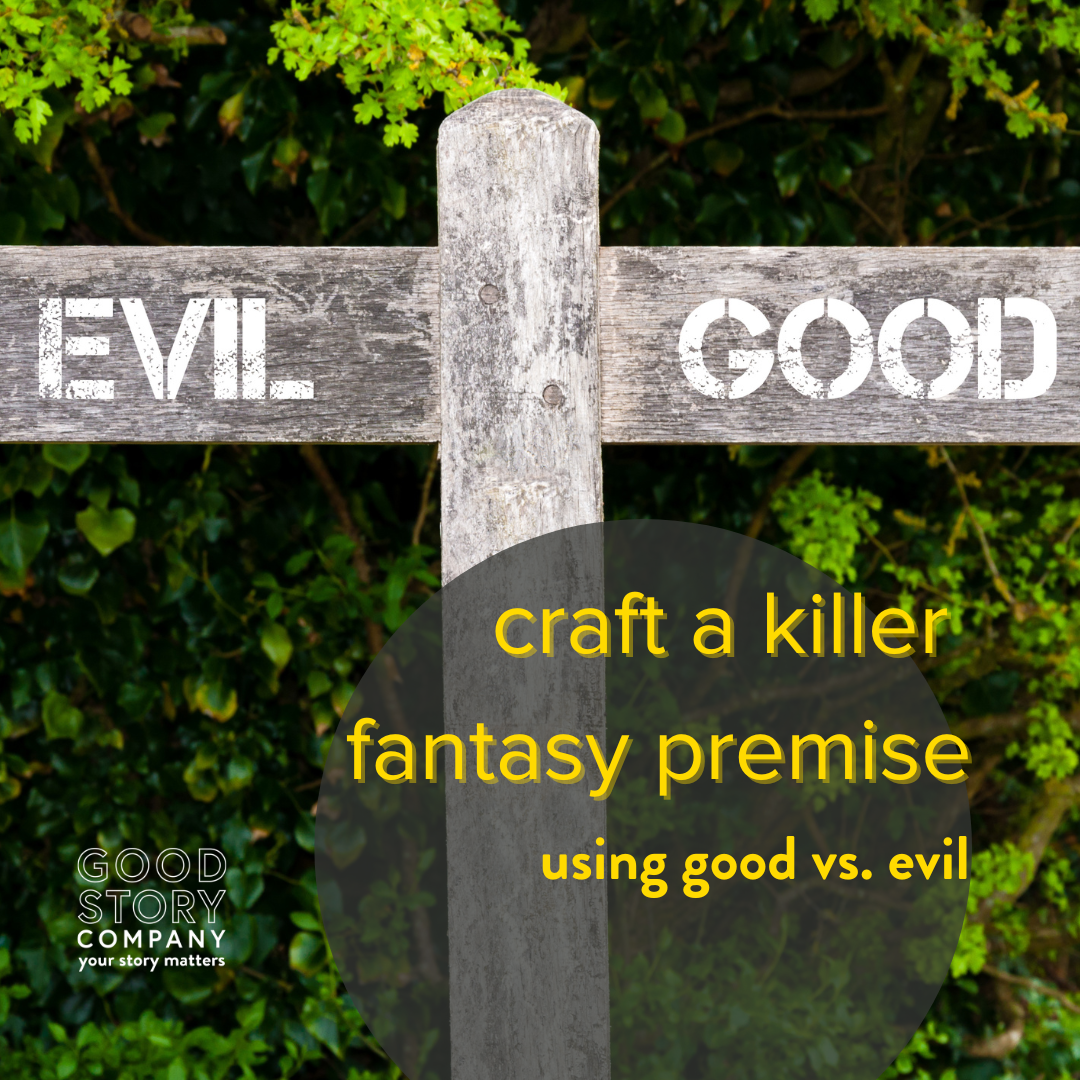
Craft a Killer Fantasy Premise Using Good Versus Evil
A fantasy premise that doesn’t engage on any themes of good versus evil can feel empty, but when those lines are too stark, it can feel a bit thin. So how do you find the balance?

In Favor of Present Tense Writing
One of the first decisions we have to make before writing is what tense to use. Present tense writing is often overlooked in favor of past tense—but when is present tense the better choice?

Ways to Hook a Reader
You do need to clear a pretty high bar to impress an agent, a publisher, or a reader once you get published. The opening pages are a really, really important part of this. Adding some character relatability and a little bit of conflict goes a long way in hooking a reader.

How to Overcome Writer’s Block: Memoir Edition
Many writers run into some form of writer’s block, but nonfiction and memoir writers have certain challenges to overcome writer’s block that fiction writers don’t face. Someone writing a novel can simply … make up what happens next. But memoir writers can feel constrained by wanting to be true to reality.
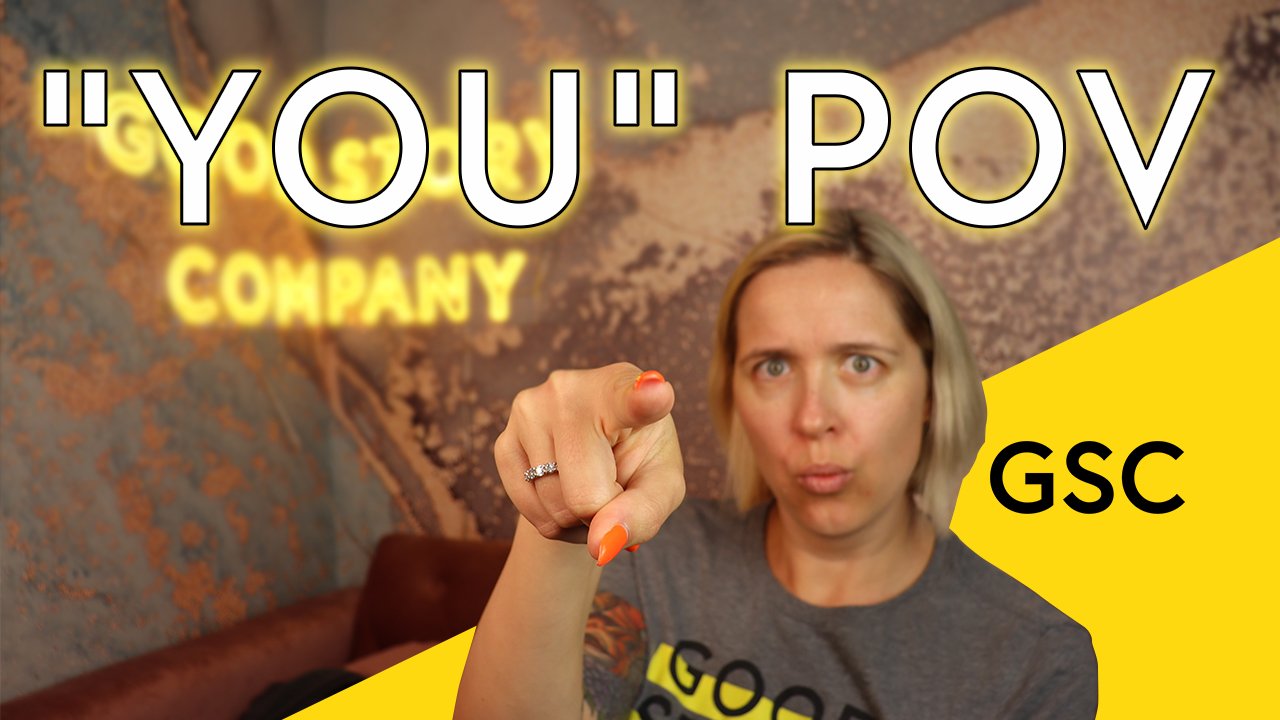
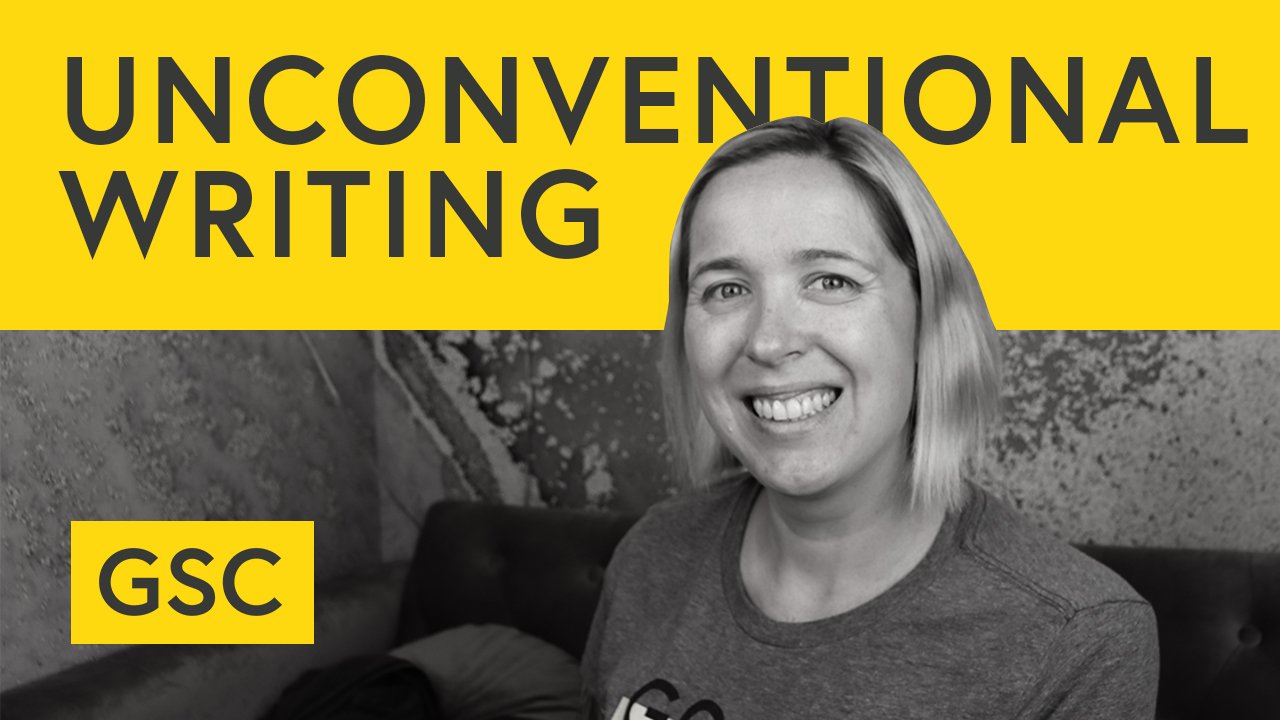
Unconventional Writing
Publishing loves its buckets. In children's books, there are several buckets that you need to fit into, with word count guidelines and all of that. There are buckets and tropes in adult publishing as well. Books that don't lend themselves easily to categorization can be a really difficult sell.
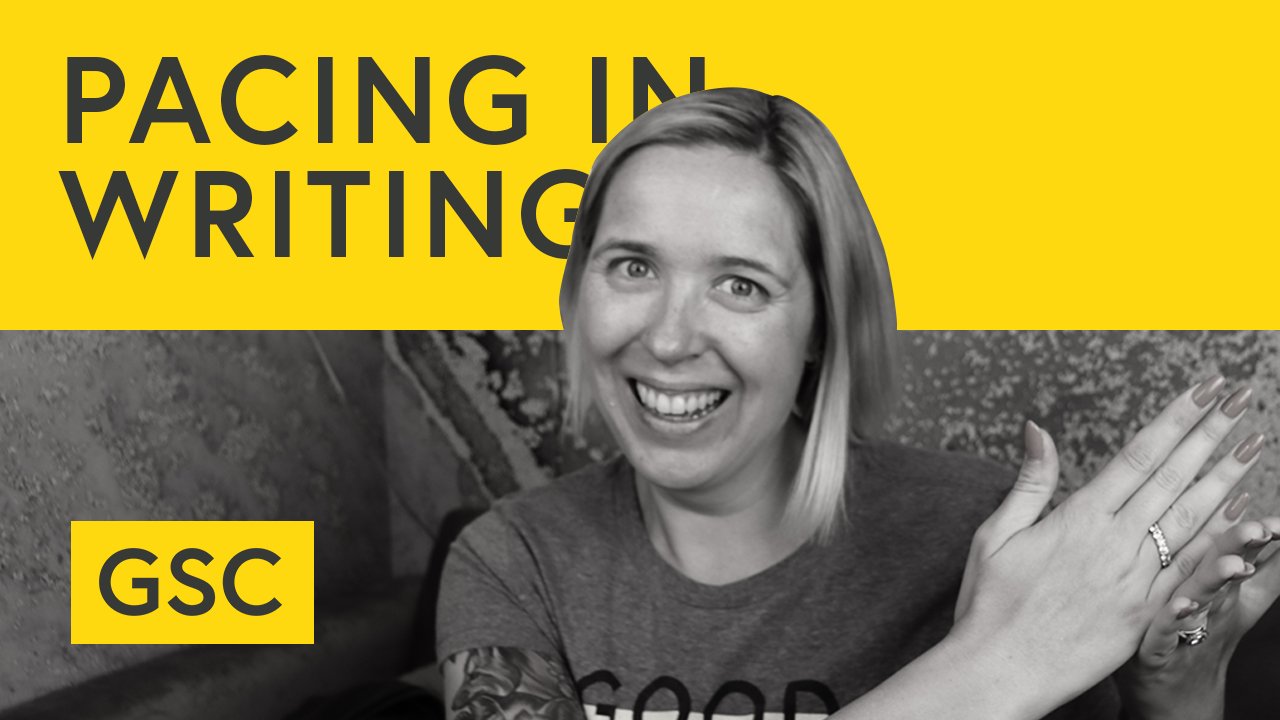
Pacing in Writing
Pacing is the engine that keeps that story going and keeps your reader's interest level high. One of the most important things that I teach when it comes to pacing with writing is the balance of action and the information. Information is dense. It moves slowly. Action is fast. It moves quickly. It has nothing to do with page count, but everything to do with the balance of what's in those pages.
